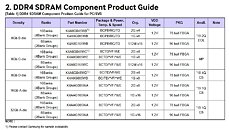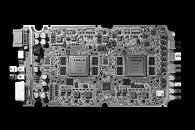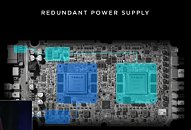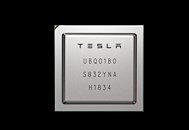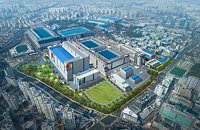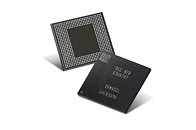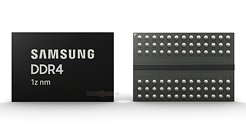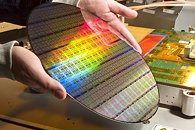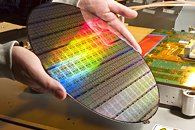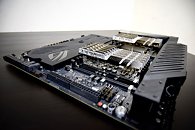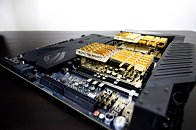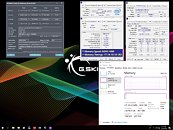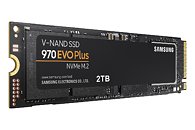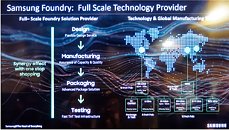
Samsung Kills Production of Famed B-die DDR4 Memory in Favor or Higher Densities
As the world becomes more and more centered on data, as well as its processing and storage, increased memory density across products is becoming more of a necessity. It seems that out of this necessity and a need to streamline its memory production towards favoring denser outputs, Samsung is killing of the famous B-die chips, which were - and still are - part of a love affair with any enthusiast's Ryzen desktop.
Memory compatibility issues with the first gen Ryzen took a while to dissipate, and didn't vanish entirely; however, overclockers quickly found that the most stable and overclockable memory ICs all were of the Samsung B-die type. Now, the company has updated its product catalogue to reflect EOL (End of Life) status for B-dies, replacing it with denser M-Die and A-Die products. M-dies were supposed to bring 32 GB densities to a single rank of memory - and have apparently been siphoned off to server applications and left out in the cold for consumer purchase), while the new A dies increase memory density per IC, meaning less of these are necessary to achieve the same final memory footprint. Whether or not these will feature the same Ryzen compatibility and overclockability as their B-die predecessors is unknown at this point, but it would make a lot of enthusiasts slightly unhappy - and increase the value of B-die offerings in any sort of discerning second-hand market - if they did not.
Memory compatibility issues with the first gen Ryzen took a while to dissipate, and didn't vanish entirely; however, overclockers quickly found that the most stable and overclockable memory ICs all were of the Samsung B-die type. Now, the company has updated its product catalogue to reflect EOL (End of Life) status for B-dies, replacing it with denser M-Die and A-Die products. M-dies were supposed to bring 32 GB densities to a single rank of memory - and have apparently been siphoned off to server applications and left out in the cold for consumer purchase), while the new A dies increase memory density per IC, meaning less of these are necessary to achieve the same final memory footprint. Whether or not these will feature the same Ryzen compatibility and overclockability as their B-die predecessors is unknown at this point, but it would make a lot of enthusiasts slightly unhappy - and increase the value of B-die offerings in any sort of discerning second-hand market - if they did not.
